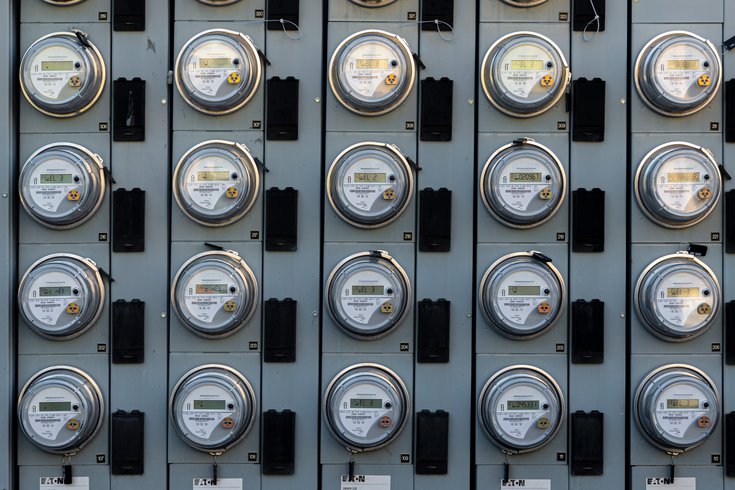
March 21, 2022
 Jon Moore/Unsplash
Jon Moore/Unsplash
A new bill in the New Jersey legislature would provide a 60-day grace period to residents with overdue utility bills, if they have applied for payment relief.
New Jersey residents who are overdue on their utility bills soon may become eligible for a 60-day grace period from shutoffs to their electric, gas and water services.
The state's moratorium on utility shutoffs expired Tuesday. In an effort to prevent mass shutoffs, lawmakers have introduced legislation that would allow residents to defer payments if they have applied for state assistance to pay their bills.
The bill, introduced in both the Assembly and Senate, would ensure residents who apply for financial relief by June 15 continue receiving utility service while the state processes their aid applications. It reportedly could pass the legislature and be signed by Gov. Phil Murphy later this week.
"We're talking about a lot of people, and it's going to take a lot of time to process those applications for relief and make determinations on eligibility," Assemblyman Raj Mukherji, a Democrat from Hudson County and the bill's primary sponsor, told the New Jersey Monitor. "I understand why it's going to take them time to do that, but in the meantime, they shouldn't be suffering because we're still processing all the relief claims."
The bill would require utility companies to provide a 12-month payment plan option to residents who received a 60-day grace period. Utilities could sever service if a resident does not accept the plan within 30 days.
State agencies — including the Board of Public Utilities – have 90 days to approve or deny an application for assistance. Residents must be notified by mail within three days of the agency's decision.
More than 1 million New Jersey residents owe more than $710 million in back payments to gas, electric and water service companies, said Joseph Fiodaliso, president of the Board of Public Utilities.
New Jersey lifted its COVID-19 Public Health Emergency on March 4, removing its mask mandate in schools, and ending the majority of the relief measures enacted in 2020.
The state's utility shutoff moratorium had been set to expire on Dec. 31, 2021, but Murphy signed legislation extending it to March 15. It mandated utility companies offer interest-free, 12-month payment plans to residents needing assistance to pay off their overdue bills.
As the moratorium expired, New Jersey officials urged residents to apply for additional assistance as soon as possible in order to prevent utility shutoffs.
"We know the pandemic brought to light the difficulties families have in making ends meet, and for a significant amount of households, it was the first time they experienced such hardships," Fiodaliso said last week. "Help is available and now that the Winter Termination program and grace period are ending, we are redoubling our call to everyone who is behind on their bills to please contact your utility and apply for assistance."
Residents can apply for financial assistance through the Universal Service Fund, which provides a monthly credit on electric and gas bills for households making less than 400% of the federal poverty level. For a family of four, that's $106,000 annually.
The Low Income Home Energy Assistance Program helps households making less than 60% of the state median income pay for energy costs. In New Jersey, families of four making about $77,000 or less qualify. Up to $1,500 in grants are available.
The Low Income Household Water Assistance Program, which has the same eligibility requirements as LIHEAP, helps households cover water and sewer bills.
A full list of relief programs available to New Jersey residents struggling with repayment is on the state's website.
"These shutoffs are going to have a devastating impact on the community if we don't give them a little extra time and allow people to be able to apply for relief from the utility assistance fund," Mukherji said.
New Jersey's moratorium was the last in the region to expire. Pennsylvania's shutoff ban expired April 1; Delaware utilities began sending shutoff notices after July 1.
PSE&G, which has service offices in Camden and Burlington counties, told KYW that about 275,000 customers are at risk of losing service. But spokesperson Rebecca Mazzarella said shutoffs are a last resort. The utility encourages customers to set up deferred payment plans to avoid service disconnections.
"We understand that the pandemic has caused many people a significant impact to their jobs, to their economy, to their way of life, and many of our customers have had to make hard choices on which bills to pay," Mazzarella said.
PSE&G customers who already have applied for state assistance are asked to alert the utility. PSEG will provide customers with a 90-day grace period for shutoffs while they await an eligibility decision.